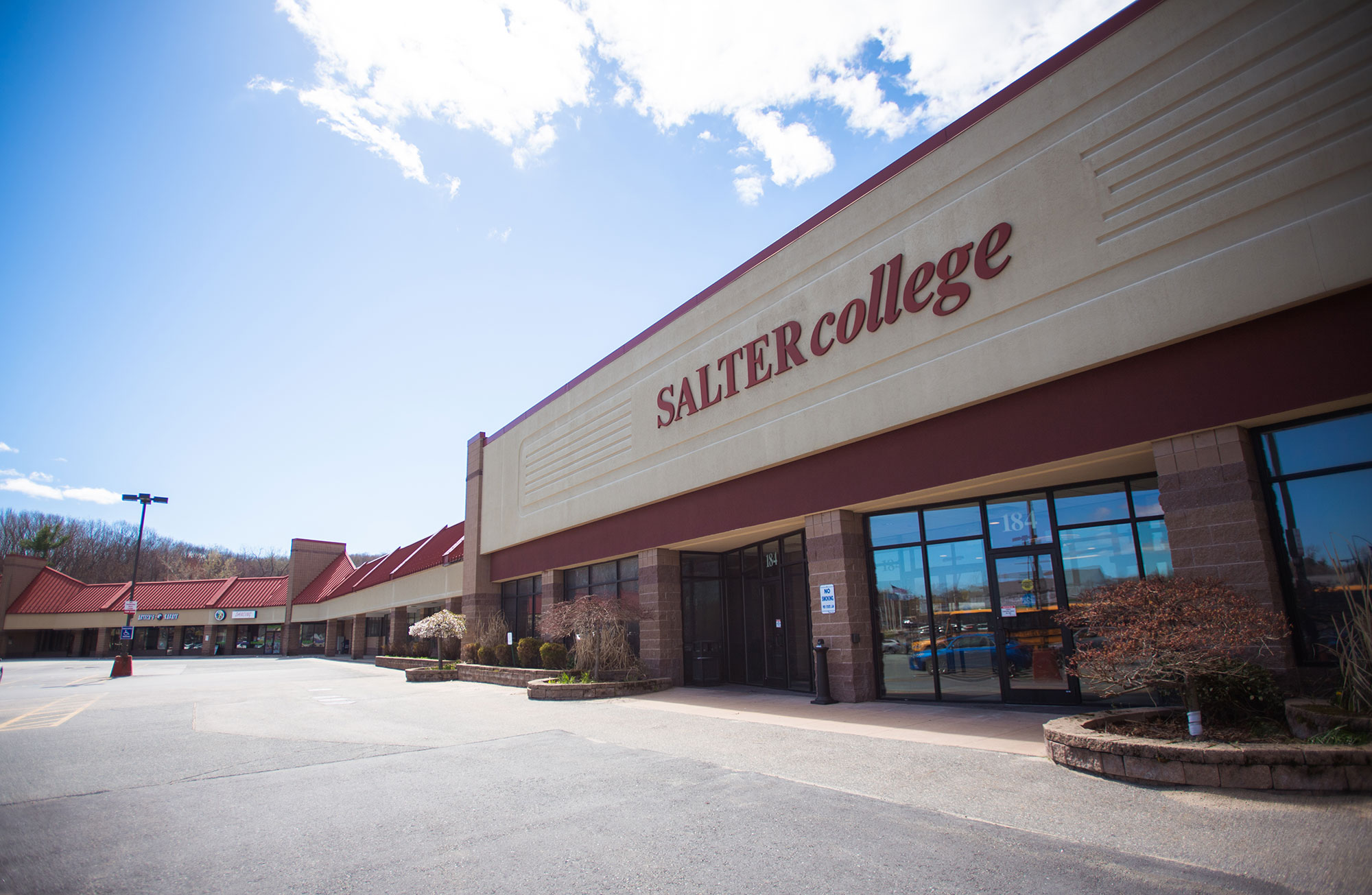- Joined
- Nov 3, 2021
- Messages
- 61
- Reaction score
- 62
So all the old guys I talk to say that once this student loan freeze is over, make sure you refinance and pay off in 5-10 years. Am I missing something?? Why not just take the longest, most dragged out approach -
-A 10 year loan (even private rates these days) has no better interest rate TODAY (maybe when interest rates plunge back to 2% it may be worth it)
-Why pay $5,000-6,0000 a month (the 10 year IBR monthly cost) to pay these down so quickly when I can coast with $1,500 a month for 25 years (the fixed 25 year monthly cost). $5,000 a month means a hell lot more to me now than $1,5000 will when I 55 years old (heck that will likely be the payment on a Mercedes E class a month in 25 years at the rate we are going...). My interest rate on my loans is in the upper 5's, and anything not going to these loans is going toward a house in a couple years, retirement, or an emergency fund. I stash and hoard money like no one's business.
-It's a difference of $125,000 in interest over the life of the repayment. However, if that allows us to get the house we want sooner / have an emergency fund set up, is that really a deal breaker?
-At the end of the day we could easily go live in a janky apartment for a year and I could pay off all my debt in one year with my salary, but why? Why not look at the whole picture - house, kids, emergency fund, stocks, vacations, enjoying life - and weigh it out accordingly.
Thank you ahead of time for your insight and Happy Easter!
-A 10 year loan (even private rates these days) has no better interest rate TODAY (maybe when interest rates plunge back to 2% it may be worth it)
-Why pay $5,000-6,0000 a month (the 10 year IBR monthly cost) to pay these down so quickly when I can coast with $1,500 a month for 25 years (the fixed 25 year monthly cost). $5,000 a month means a hell lot more to me now than $1,5000 will when I 55 years old (heck that will likely be the payment on a Mercedes E class a month in 25 years at the rate we are going...). My interest rate on my loans is in the upper 5's, and anything not going to these loans is going toward a house in a couple years, retirement, or an emergency fund. I stash and hoard money like no one's business.
-It's a difference of $125,000 in interest over the life of the repayment. However, if that allows us to get the house we want sooner / have an emergency fund set up, is that really a deal breaker?
-At the end of the day we could easily go live in a janky apartment for a year and I could pay off all my debt in one year with my salary, but why? Why not look at the whole picture - house, kids, emergency fund, stocks, vacations, enjoying life - and weigh it out accordingly.
Thank you ahead of time for your insight and Happy Easter!




